Disappointment is defined as sadness or displeasure caused by the nonfulfillment of one’s hopes or expectations. It’s safe to say that we’ve all been disappointed at some point in our lives. We’ve all experienced instances where we’ve hoped for a desired outcome and it didn’t come to fruition.
Whether disappointed by someone or by ourselves, disappointment can feel like grief and linger in our spirits for years. It’s the grief of our failed hopes and expectations that makes processing disappointment so challenging. If we are taught to be hopeful, then why must we experience disappointment? Couldn’t we avoid disappointment if we didn’t hope for or expect anything?
The truth is yes, you could avoid disappointment if you didn’t hope for or expect anything in life, but in doing so, you would sacrifice a myriad of positive emotions and a better quality of life that stem from those same hopes and expectations. It would be like cutting your nose off because you were tired of dealing with allergies. You would probably solve one problem, but you would create 100 more. It is much better to live a life experiencing disappointment than one trying to avoid it, and the good news is that by understanding how to manage your hopes and expectations, you can lessen the blow of disappointment.
In order to better understand how to navigate disappointment, you must understand what creates it. Unfulfilled hopes and expectations are defined as the source of disappointment but hope and expectation are not one in the same. They are two very different concepts that lead to very different outcomes.
Hope is trusting that greater is available and attainable. Our hopes are connected to our dreams. They are essential for our personal growth and development because they move us toward our aspirations. Hope keeps us imagining more for ourselves. It helps us see beyond our current situation and into the possibility of what could be. Hope is spirit based and stems from an ability to surrender. It relinquishes control. Hope says, “I trust that what I desire is available and attainable, but if I don’t receive my desire, I trust that everything is working out for my greatest good.” It doesn’t link an outcome with the desire. It simply asks and detaches from the outcome.
The misconception that hope and expectation are one in the same presents the greatest challenge when trying to manage disappointment. Hope doesn’t lead to disappointment; expectation does. Expectation is the belief that we should have our desired outcomes. Expectation says, “I am entitled to have what I desire.” When we feel entitled to our desires, and we don’t receive them, we experience disappointment. When we expect people to behave in a manner that we feel is acceptable, and they don’t, we experience disappointment. When we plan on reaching a desired goal by a certain timeline, and we don’t achieve that goal, we experience disappointment. Expectation is ego based and stems from a need to control. It’s rooted in our own understanding-our limited beliefs and narratives. It’s a human concept, not a divine one.
Disappointment is a hard feeling. It’s one that if you rumble with it long enough, you will realize that the source of the disappointment is you. I know that is a hard pill to swallow, but it is your expectations that set you up for disappointment. Because our expectations are rarely fulfilled exactly how we envision them, the only thing that you can expect when you set expectations is disappointment. Even if we get part of the desired outcome, our humanness will be disappointed that we didn’t receive 100% of what we wanted.
So, what does all of this mean? It is essential to be hopeful-to believe that your desires are available and attainable. However, if you want to successfully navigate disappointment, you must not attach an outcome to what it is that you desire. Developing the understanding that life unfolds as it should, that life isn’t linear, but rather an ebb and flow, that you can’t control the outcome or people, and that all is working for the greatest good is essential to not only navigating disappointment but navigating life.
If you’re suffering from life’s disappointments, please know that you’re not alone. If you’re ready to transform and heal, the first step is to surrender. Release the past, the expectations, the desire for it to have been any different, and the belief that the failure is your fault. We don’t have as much control over our lives as we like to believe. Everything to this point in your life has unfolded exactly as it was meant to. Everything has happened to teach you, grow you, and develop you. It is up to you to learn the lessons and use them to become more aware, accountable, and active in your own life. You cannot change the past, and you definitely shouldn’t live there. Surrender, release, and accept the lesson so that you can move forward with more clarity. Be hopeful for the things you desire but remember to detach from the outcome.

“We must accept finite disappointment, but never lose infinite hope.”
~Martin Luther King, Jr.
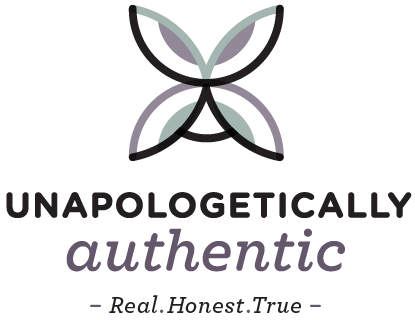
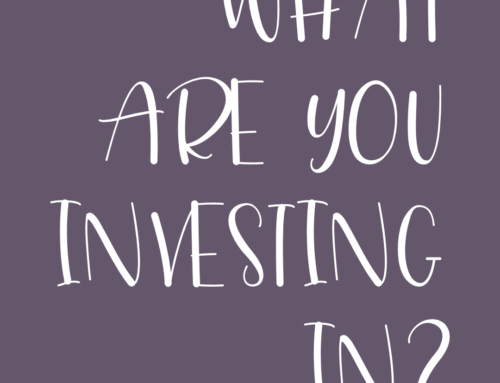
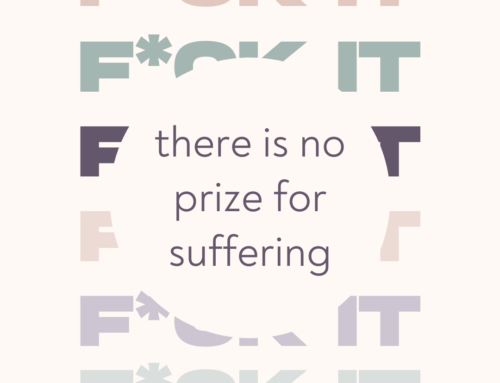
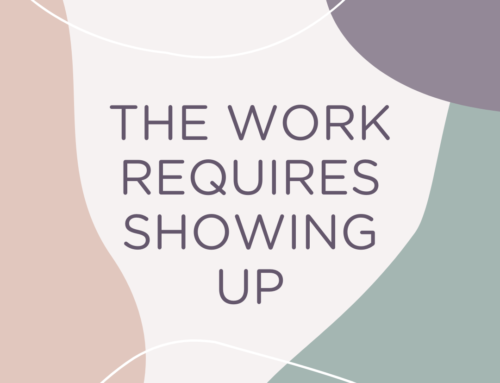
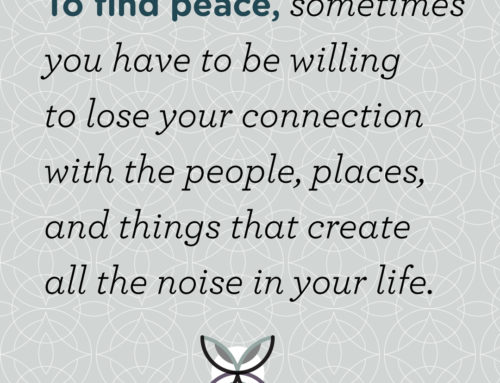
Leave A Comment
You must be logged in to post a comment.